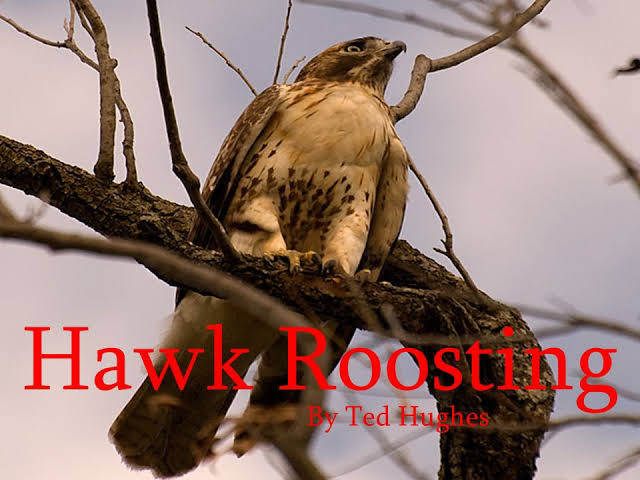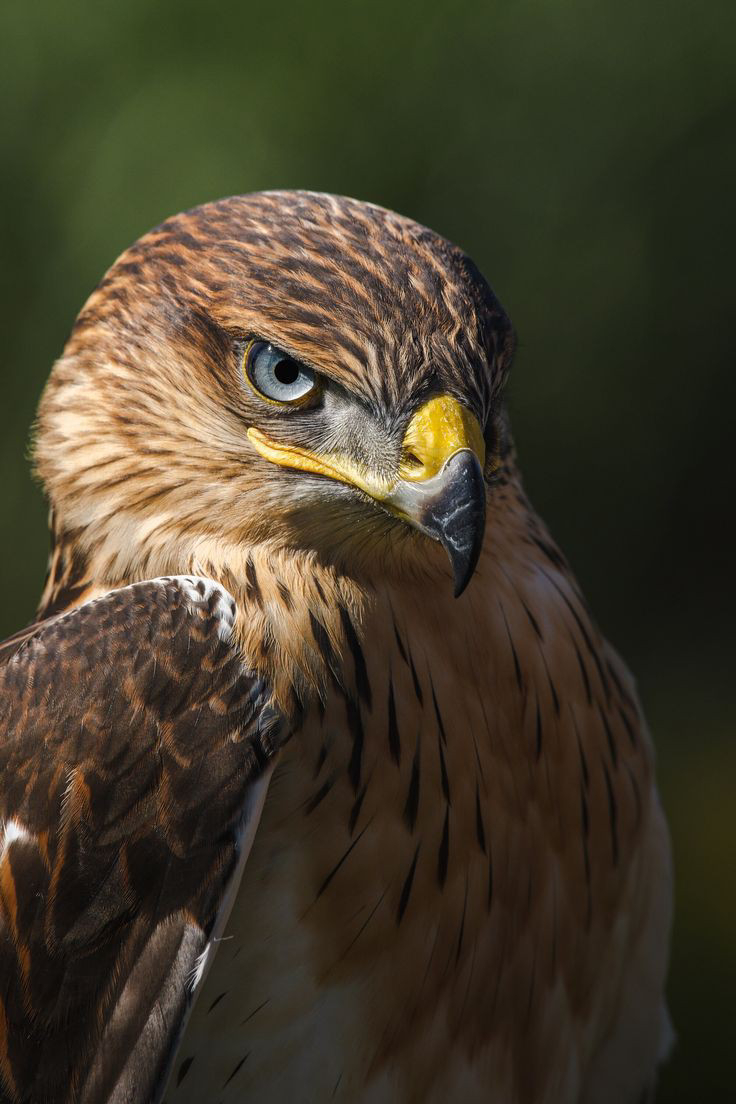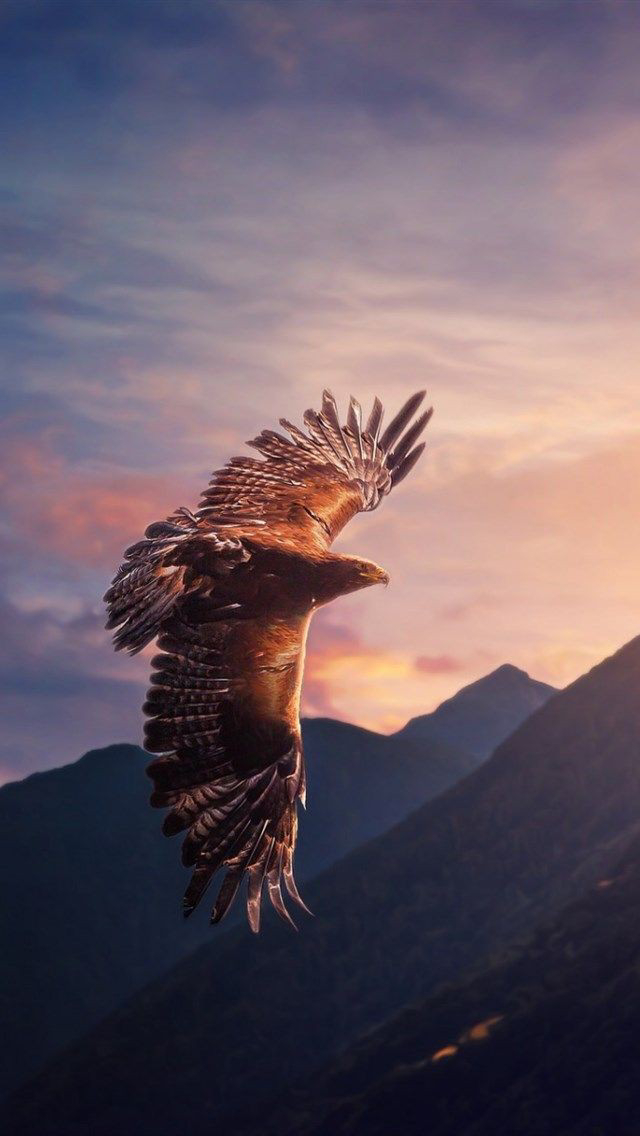Ted Hughes' "Hawk Roosting"
Ted Hughes' "Hawk Roosting"
Introduction
Ted Hughes' poem "Hawk Roosting" gives us a peek into how a hawk sees the world around it. Published in 1957, the poem dives into themes of power, nature, and identity. Before we delve into the poem itself, let's learn a bit about the poet behind this captivating piece.
About Ted Hughes
Ted Hughes (1930-1998) was a British poet, children's writer, and playwright. He served as Poet Laureate from 1984 until his death. Hughes was deeply connected to nature and often explored themes of power, violence, and the natural order in his works. He had a keen fascination with animals and the raw, primal instincts that drive them, which is evident in poems like "Hawk Roosting."
Now that we know a bit about Ted Hughes, let's delve into "Hawk Roosting" and uncover the layers of meaning within this remarkable poem.
Analysis of the Poem -
Hughes' choice of the hawk as the poem's speaker is significant. The hawk, with its sharp beak, powerful talons, and keen eyesight, embodies the apex predator in the natural world. By adopting the perspective of this majestic bird, Hughes allows readers to experience the world through the lens of raw power and primal instinct.
The hawk's language is assertive and unapologetic, reflecting its unwavering confidence in its abilities. Lines such as "I kill where I please because it is all mine" and "I am going to keep things like this" reveal the hawk's sense of entitlement and dominance. This portrayal challenges human notions of control and ownership, prompting readers to reconsider their place within the larger ecosystem.
Furthermore, the poem's structure mirrors the hawk's mindset. The rhythmic cadence and controlled pacing reflect the deliberate movements of the hawk as it surveys its territory. This structured form contrasts with the chaotic and unpredictable nature of the natural world, highlighting the hawk's sense of order and authority.
Exploring Themes -
Power and Dominance: The hawk in the poem feels very powerful and in charge. It sees itself as the ruler of everything it surveys, from the trees to the earth itself. This theme of being in control runs through the poem.
Natural Order: The poem talks about how the hawk believes it's meant to be at the top of the food chain. It sees itself as part of nature's plan, where each creature has its role to play.
Instinct and Identity: The hawk's words reveal how it relies on its instincts to survive. It's all about being a hawk and doing what hawks do best—hunt and rule the skies.
Style and Language
Descriptive Imagery: Hughes uses vivid descriptions to paint a picture of the hawk's world. We can almost feel the hawk's sharp eyes looking down on everything below.
Metaphors and Symbols: The hawk is like a symbol of power and freedom. Its "eye of a god" is a metaphor for its keen vision and authority.
Tone and Voice: The poem has a strong and confident tone, just like the hawk itself. It's as if we're hearing the hawk speak directly to us, telling us how it sees the world.
Conclusion -
In Ted Hughes' "Hawk Roosting," we soar alongside a creature that embodies strength and freedom. The poem's simple yet profound language gives us a glimpse into the primal instincts that drive life in the wild. It's a reminder that nature's balance is both fierce and beautiful, and the hawk's perspective offers us a new way of seeing our place in the natural order.
"Hawk Roosting" serves as a potent reminder of the intricate balance of power in nature. Through the eyes of the hawk, Hughes explores themes of dominance, instinctual behavior, and the relentless pursuit of survival. The poem's enduring relevance lies in its ability to provoke introspection about humanity's impact on the natural world and the delicate equilibrium that sustains life.
Ultimately, "Hawk Roosting" invites us to reflect on our place within the grand tapestry of nature. The hawk's perspective challenges us to reconsider our notions of control and superiority, urging us to approach the natural world with humility and respect. As we ponder the hawk's unyielding presence in the wild, we are reminded of the awe-inspiring power and resilience of the creatures that share our planet.






Comments
Post a Comment